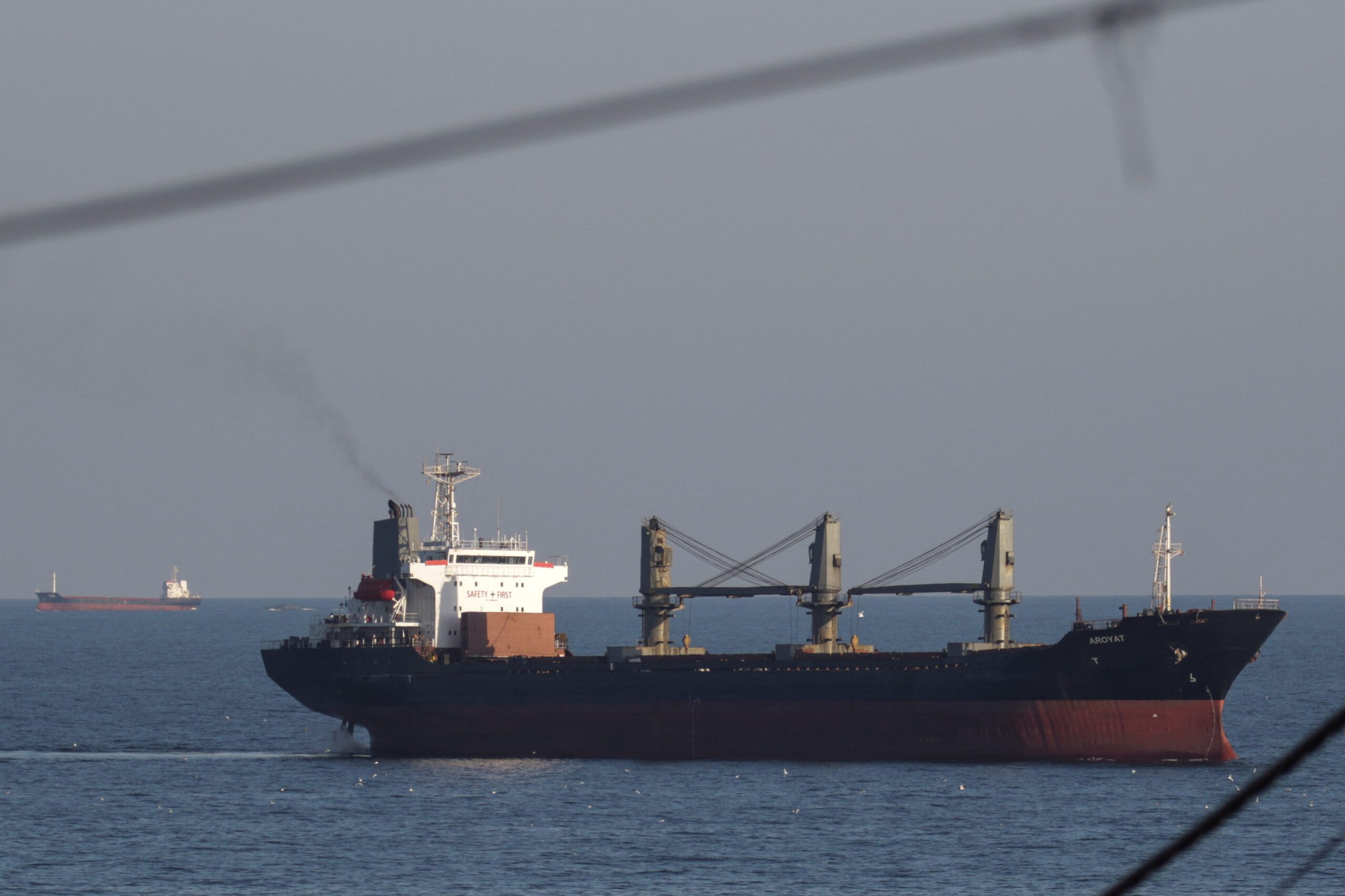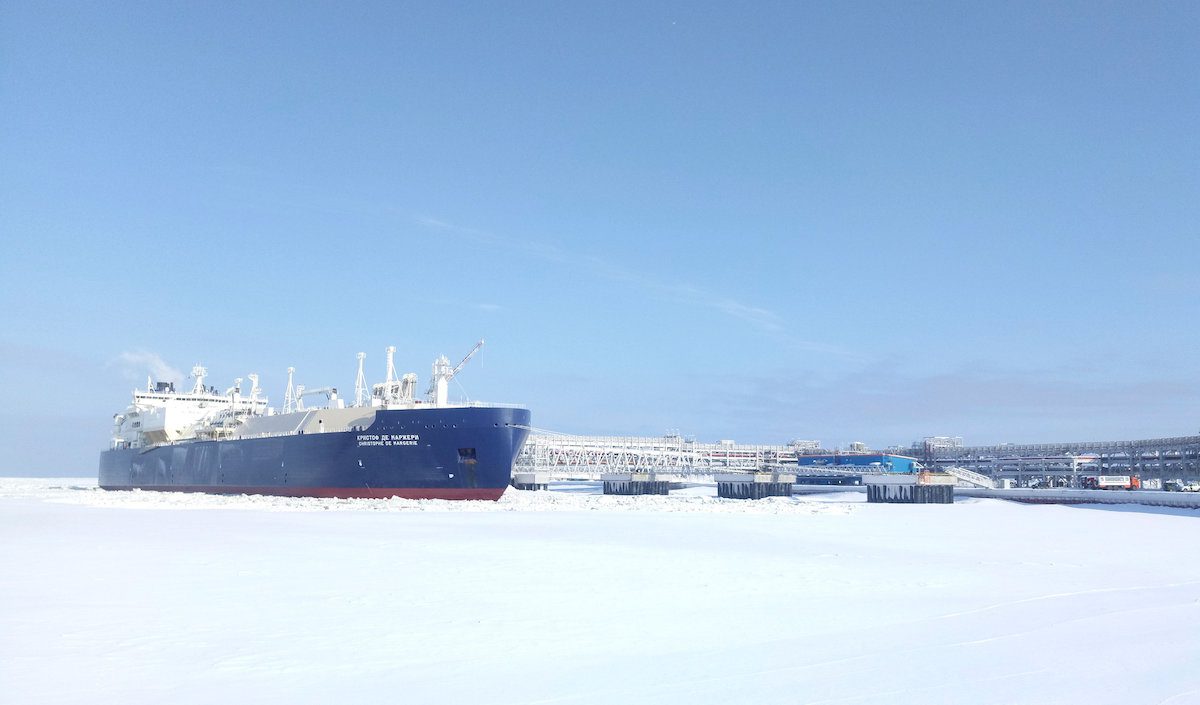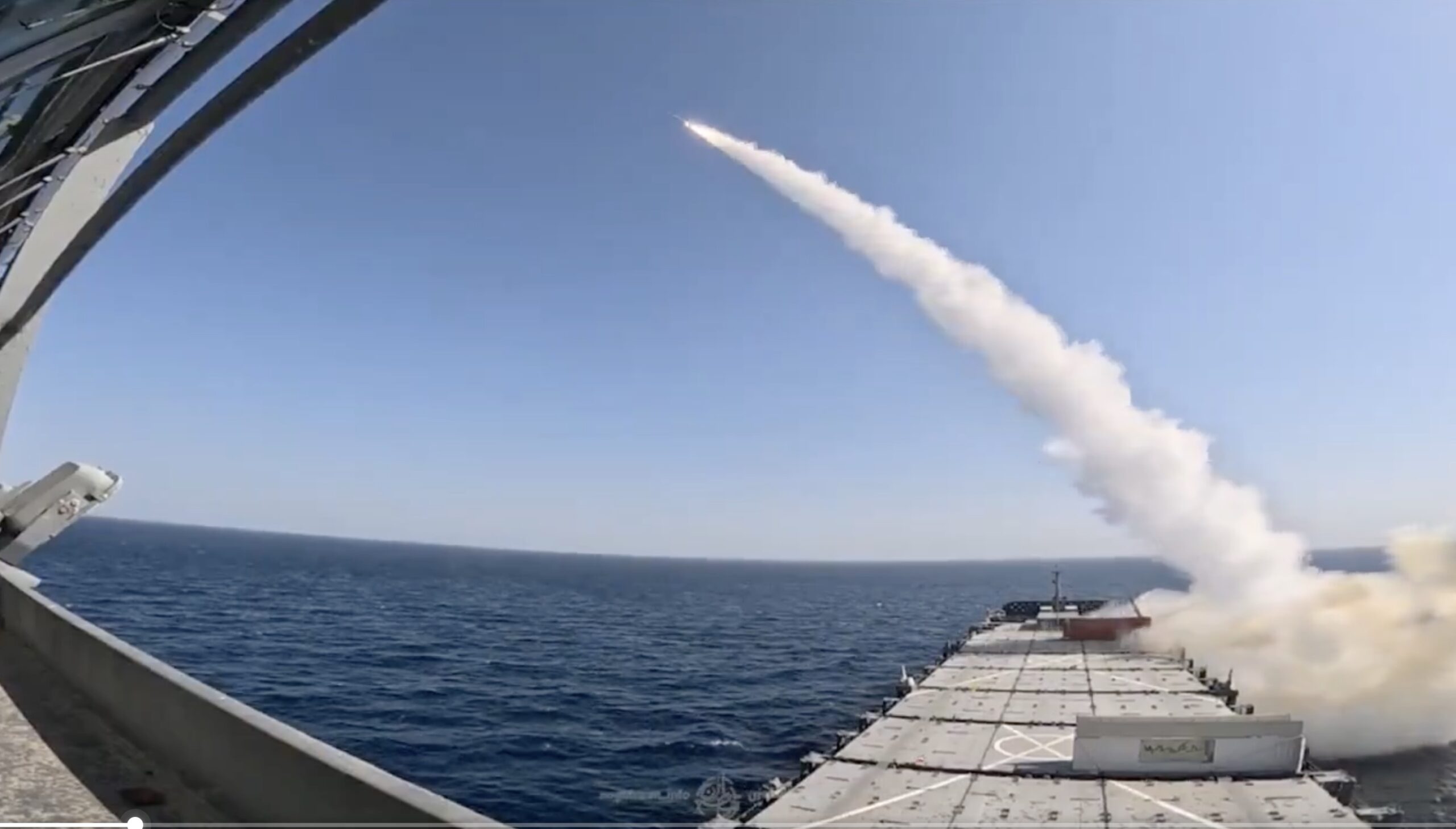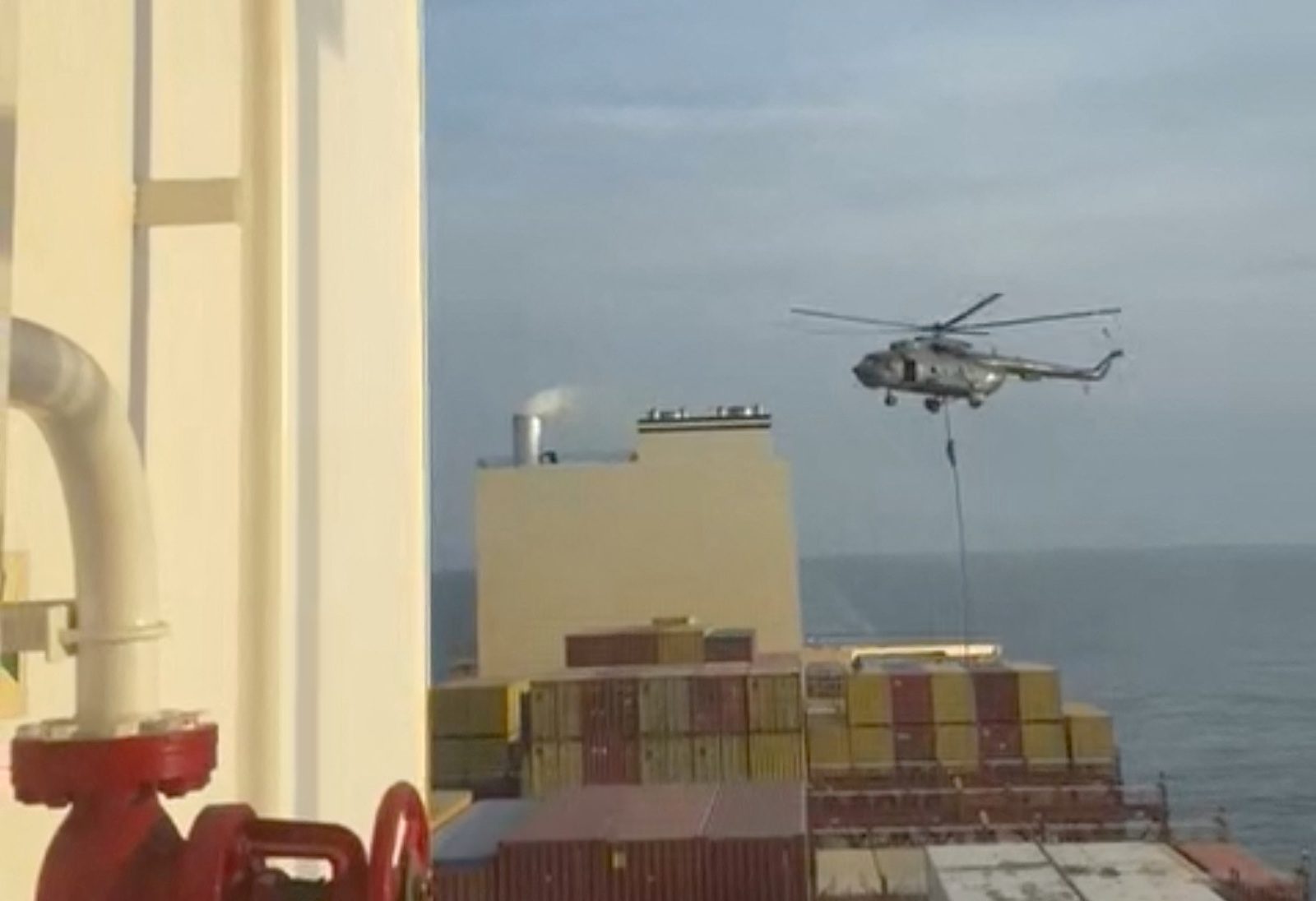By Volodymyr Verbianyi and Áine Quinn (Bloomberg) —
Ukraine is imposing tighter controls over grain traders to boost revenues to fund its wartime defenses, a move that may further complicate shipments from the country’s Danube and Black Sea ports.
The Cabinet of Ministers will require exporters of grains and oilseeds either to get licenses or to provide tax records going back before the invasion, an official with knowledge of the matter said, asking not to be identified to discuss decrees passed at a government meeting on Friday. The mechanism may be amended further, should the situation change, the official said.
The government aims to squeeze out fly-by-night companies, repatriate more foreign currency revenue and raise tax collection as Ukraine’s international allies, which are providing billions of dollars of aid, scrutinize its anti-corruption efforts. However, the efforts are taking time and costs for traders are racking up as their cargoes suffer delays.
Audits of exporters stalled agricultural shipments from ports in the Odesa region earlier this week, triggering numerous complaints, while traders shipping grain through the Danube said issues related to export documents have caused big delays in recent weeks.
“The sudden change in regulations has created problems for exporters and is causing further delays,” grain trader Filipe Pohlmann Gonzaga from Bryce SA said. He has chartered three vessels to pick up grain via the Sulina branch on the Romanian side of the Danube.
The bureaucracy, along with delays due to overcrowding of the channel, bad weather and de-mining operations means it’s taking almost twice as long as usual for ships to start loading, according to the trader. One of his ships has been waiting 11 days to berth in Ukraine’s riverport of Reni, while a second has been waiting 14 days to get clearance to pass the Sulina channel and pick up its cargo in Izmail and each day of delays can cost as much as $4,000 extra in demurrage costs, he said.
Atria Brokers’ Christina Serebryakova said the changes in customs declarations for grain exports, together with long waiting times to pass the Sulina canal, mean that delays can be up to one month or more. “Buyers are asking exporters for extra discounts,” she said. “Some vessels are being cancelled in Danube or Sulina, because traders are forced to take a pause in execution in order to restructure their work.”
Shipments from deep-sea ports on the Black Sea resumed on Friday, with President Volodymyr Zelenskiy promising the route will keep functioning despite multiple threats, including the risk of Russia’s air-strikes.
Ukraine is a major exporter of agricultural commodities, which are a key source of its wartime revenues. Kyiv had opened a unilateral corridor to allow ships to export commodities such as grains and metals from its deep-sea ports in Greater Odesa, after Moscow in July pulled out of the United Nations-backed Black Sea grain initiative that had guaranteed safe movement of crop vessels.
© 2023 Bloomberg L.P.
Unlock Exclusive Insights Today!
Join the gCaptain Club for curated content, insider opinions, and vibrant community discussions.

 Join The Club
Join The Club













